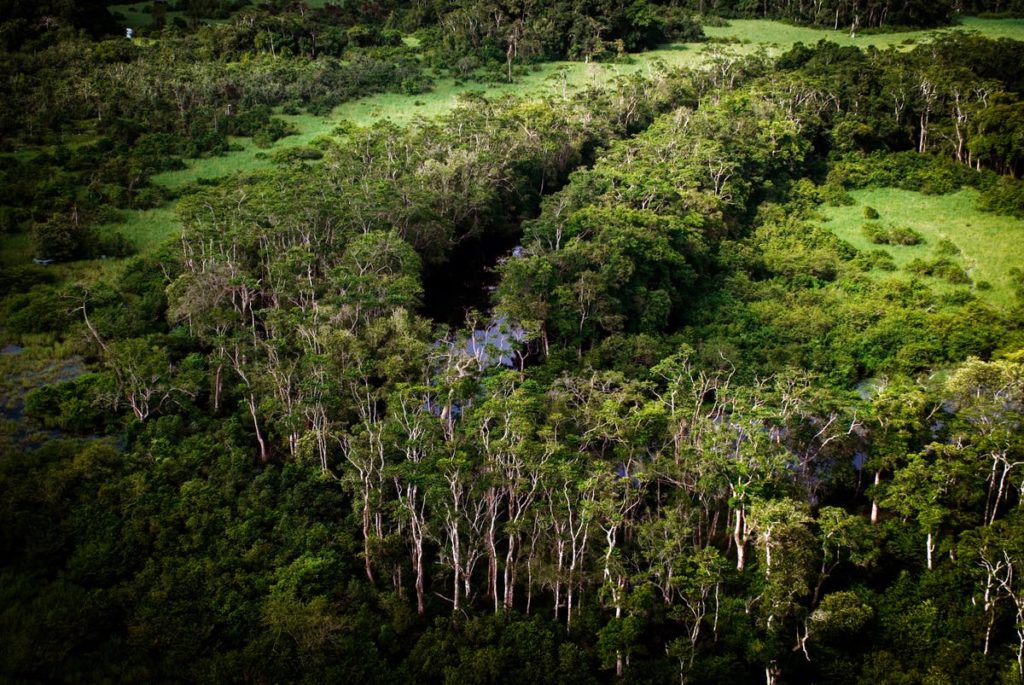Kenya can now raise money by trading carbon credits.
This milestone comes shortly after the conclusion of the United Nations Climate Change Conference which saw 90 per cent of the world’s economy commit to cut carbon emissions to zero under the Glasgow Climate Pact COP26.
UK High Commissioner Jane Marriott further explains that the pact also commits countries to reduce the use of coal which is the most polluting form of energy.
The UK has since also committed to helping scale up climate work in Kenya through partnerships with the Metrological Department to make sure Kenya can take advantage of the new global market.
“The fight to save humanity doesn’t end here! The Glasgow pact can only take us far enough, we need to overcome the challenges of climate change with further efforts which we shall continue to champion in Egypt next year for the COP27,” she said. What came out of the Glasgow Climate Pact at #COP26 ? @JaneMarriottUK explains how the commitments made in will help and the #climateaction #TogetherForOurPlanet pic.twitter.com/2aPcZVjPXo Glasgow Climate Pact COP26.
Negotiators closed a deal setting rules for carbon markets at the United Nations COP26 climate talks on Saturday, potentially unlocking trillions of dollars for protecting forests, building renewable energy facilities and other projects to combat climate change.
The final deal adopted by nearly 200 countries will implement Article 6 of the 2015 Paris Agreement, allowing countries to partially meet their climate targets by buying offset credits representing emission cuts by others.
Previously, there was disagreement over a tax on certain carbon trades intended to fund climate adaptation in poorer nations. The deal addressed this with a compromise that had a two-track approach.
Bilateral trades of offsets between countries will not face the tax. The deal suggests developing nations capitulated to rich nations demands, including the United States, which had objected to the levy.
In 2014, World Bank announced the first group of Kenyans to earn carbon credits from sustainable farming.
The smallholder farmers in western Kenya benefitted from carbon credits generated by improving farming techniques. According to the World Bank, these were the first credits worldwide issued under the sustainable agricultural land management (SALM) carbon accounting methodology.The World Bank has developed 38 approved methodologies to date, all of which are freely available to project designers.SALM is simple and cost-effective, yet robust. It enables developers to design projects that enhance agricultural productivity and create incentives for carbon storage in soils worldwide.Kenya […]
